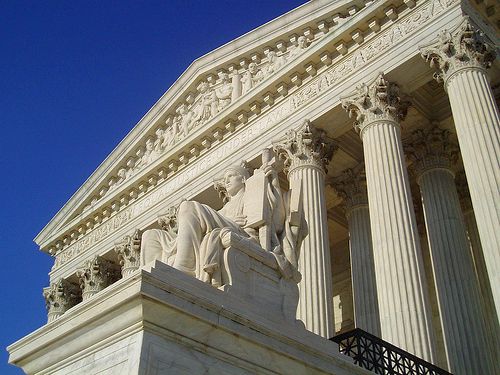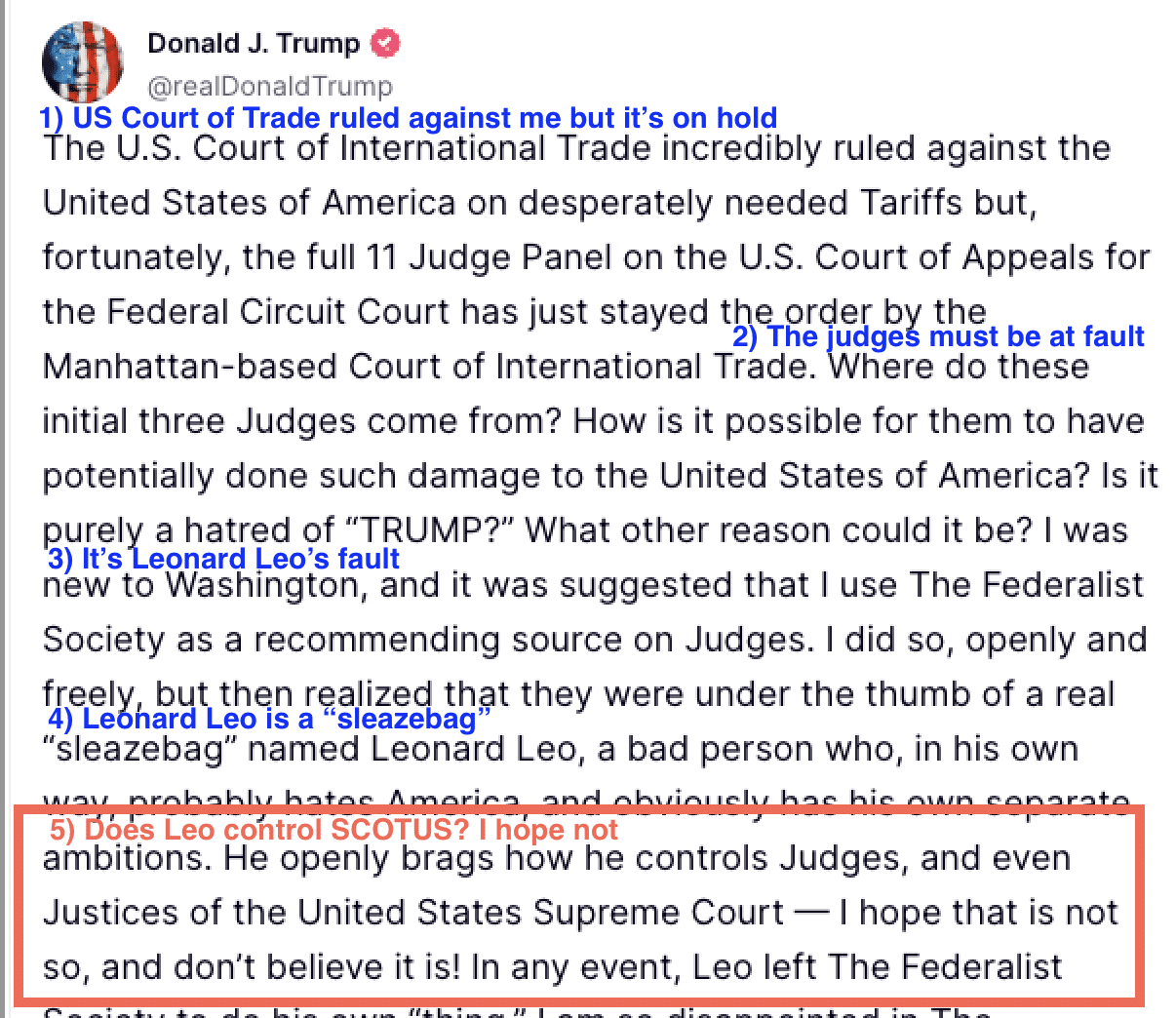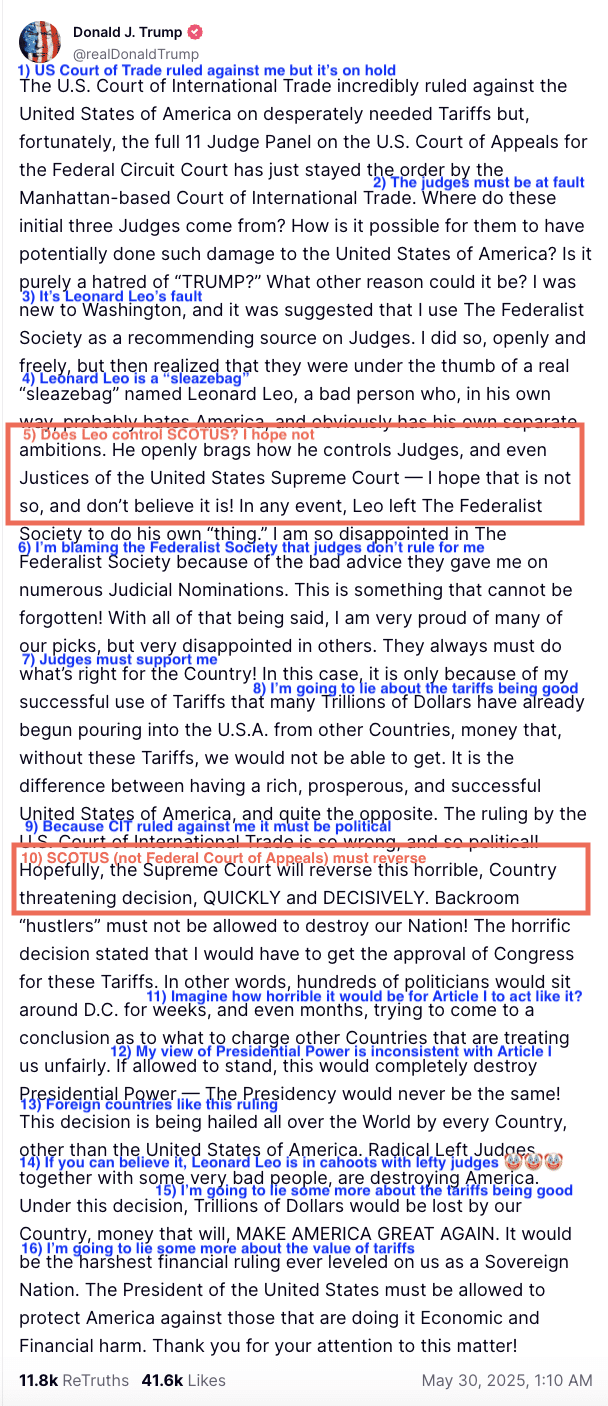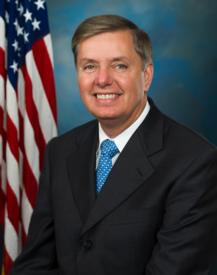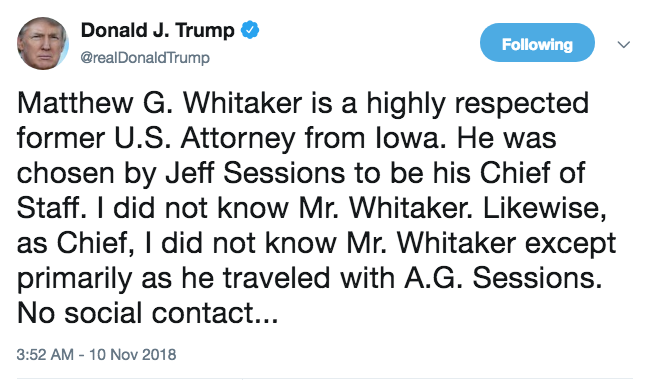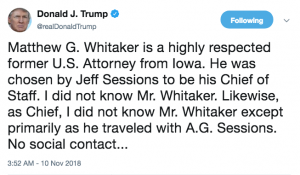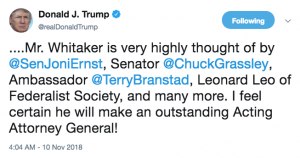How SCOTUS Got Us Here
My previous post was about an article titled What Are We Living Through by Jedediah Britton-Purdy and David Pozen. The authors offer three scripts people use to answer the title question.
It seems odd that the authors, both law professors, don’t address the role of SCOTUS, but it’s probably because people don’t think about the role of SCOTUS in creating this disastrous presidency. But thinking about SCOTUS clarifies the situation. The Trump regime isn’t a sudden turn, as centrists and almost all Democratic politicians say. It is part of a long project, funded by an ever-changing group of filthy rich right-wing White people. One of their first overt steps was taking control of SCOTUS.
Gaining control of SCOTUS
Appointments to SCOTUS have had been virulently political at least since the nomination of Robert Bork was stymied by Democrats, based largely on “… his outspoken criticism of the Warren and Burger Courts and his role in the Saturday Night Massacre.“ The filthy rich loved Bork both for his right-wing politics and for his devotion to their interests.
The Federalist Society was formed in 1982 by students at Harvard, Yale and University of Chicago law schools “… with the aim of challenging liberal or left-wing ideology within elite American law schools and universities.” Bork and Antonin Scalia spoke at their first public event. The Wikipedia entry says this about early funding
… $5.5 million came from the John M. Olin Foundation. Other early donors included the Scaife Foundation, the Bradley Foundation[ and the Koch family foundations. Donors to the Federalist Society have included Google, Chevron, Charles G. and David H. Koch; the family foundation of Richard Mellon Scaife; and the Mercer family.
Readers will recognize those right-wing operations run by inheritors of great wealth.
Leonard Leo founded the Cornell branch of the Federalist Society and moved on to employment there. Under his leadership, five of the current members of SCOTUS are members of the Federalist Society.
Hacking at democracy
Once right-wing ideologues took over SCOTUS, they began hacking away at laws intended to protect our democracy. They got rid of campaign finance laws, eviscerated anti-corruption laws, wrecked the Voting Rights Act, authorized gerrymandering, and gave the filthy rich nearly everything they wanted. In the process, they ignored or dismantled guardrails on their own power, rules like standing, justiciability, and minimal decisions; they took on the role of determining facts (a role supposedly played by trial courts) and ignored stare decisis, the fundamental basis of US Constitutional law. Trump v. US freed Trump from criminal liability for anything remotely related to the office of President.
These cases had a huge impact, not least of which was the election of Donald Trump to a second term
Weakening Congress
Gerrymandering and toothless campaign laws enabled the Republicans to control the House of Representatives. Structural features of our system, including equal representation of states in the Senate and the filibuster made it possible for the Republicans to prevent congressional action.
SCOTUS compounded this weakness by striking down legislation it didn’t like. For example, John Roberts has a long-standing hatred of the Voting Rights Act. In Shelby County v. Holder he struck down the provision requiring certain states with a long history of racial discrimination in voting to submit all changes to their voting laws for pre-clearance. This procedure enabled the Department of Justice to review those laws for racial discrimination before they were allowed to take effect.
Roberts justified his decision with a newly-invented fiction he called the dignity of the states. Congress.he said, hadn’t done enough to satisfy Roberts that pre-clearance acted reasonably by singling out states with a history of racist actiions, somehow explaining away the express grant of such power toCongress in the 15th Amendment. Effectively Roberts set himself up as the arbiter of whether Congress had done enough to justify a rule he didn’t like.
Strengthening Trump
In Trump v. Andeerson, SCOTUS held that only Congress can enforce the 14th Amendment’s insurrection clause, effectively neutering it. In Trump v. US the current majority held that the president cannot be held accountable for crimes he commits that the current majority says are within the core executive functions of the president. These two cases cleared the way for Trump to run again.
Because there were no enforceable limitations on campaign finance, Trump was able to raise hundreds of millions from the filthy rich and got a second term. He promptly began breaking laws. He destroyed entire agencies and weakened the rest of them, he set masked gunsels to snatch people off the street if they looked like not-white people (an action permitted as Kavanaugh Stops), refused to comply with Congressional appropriation laws, fired heads of independent agencies, fired tens of thousands of federal employees, and more. SCOTUS has at least temporarily allowed all these assaults on Congress’ express Constitutional power, explaining that Trump wants it and if he can’t have it that’s a terrible injury, worse than allowing ICE to kidnap people.
Political discourse
I think Purdy-Britton and Pozen are mostly right about the nature of political discourse, and that’s a problem. Their three scripts don’t include this partial list of horribles about the current SCOTUS majority. Concentrating only on the marauding president is simply not good enough to deal with our situation. The Supreme Court has also lost its legitimacy and done terrible damage to our democracy in the process.
I agree with an opinion piece in The Guardian written by Ryan Doerfler and Samuel Moyn, law profs at Harvard and Yale, titled It’s Time to Accept that the US Supreme Court is Illegitimate and Must be Replaced. This article summarizes a longer paper, The Post-Legitimacy Court.. Both of these deserve more consideration than I give them here.
The paper cites Planned Parenthood of Southeast Pennsylvania as a major source of the idea of legitimacy:
“The Court’s power lies in its legitimacy,” Justices Kennedy, O’Connor, and Souter explained in their joint opinion, “a product of substance and perception that shows itself in the people’s acceptance of the Judiciary fit to determine what the Nation’s law means and to declare what it demands.”
The authors say that the current majority has abandoned the goal of preserving legitimacy, suggesting that they
… might care about the views only of other conservatives (whether lawyers or the public) [which] would be consistent with the larger turn in Republican politics.
The authors discuss responses by some of my favorite legal writers. law profs Kate Shaw from the Strict Scrutiny podcast, and Steve Vladek. The authors say, and I agree, that their reactions to this Court are too legalistic and restrained. Doerfler and Moyn say the current majority has moved the Court’s institutional legitimacy to the brink of cliff, and citizens need to push it over the edge.
I agree, and would go farther. The current majority is not a court. It’s a group of six political actors no different from the majority of a congressional committee. Each member has goals, and these mostly coincide with the goals of the Republican Party and its largest donors. They have the votes and that’s all that counts. The current majority has rejected national legitimacy in favor of the exercise of raw power.
I always blame Roberts personally for every evil thing Trump does. Here’s an example.
Hammer the Court whenever you get the chance, on social media and in real life. It’s the first step to change.

